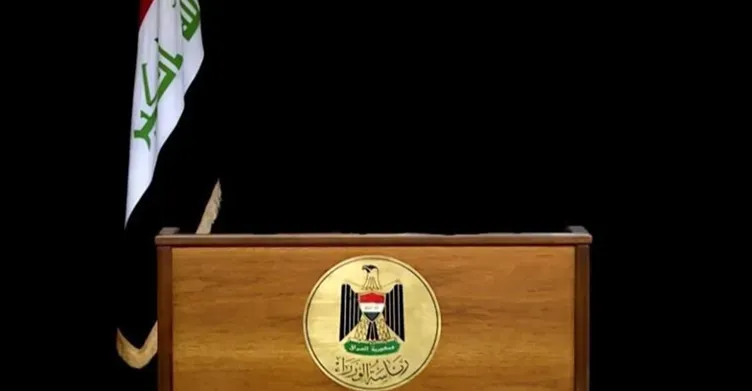
2025-11-16T13:12:46+00:00
font
Enable Reading Mode
A-
A
A+
Shafaq News
The preliminary results of Iraq’s
parliamentary elections placed Al-Ima’ar wal Tanmiya (the Reconstruction and
Development Alliance), led by Prime Minister Mohammed Shia al-Sudani, in first
place. But the coalition failed to secure the sweeping mandate needed to form
the next government on its own, reigniting questions about power balances
within the Shiite political arena and the influence of regional and
international actors on the shape of the coming government.
Al-Sudani strengthened his standing
as a key player in the Shiite landscape, yet several factors continue to
complicate negotiations. These include the boycott by the Patriotic Shiite
Movement led by Muqtada al-Sadr, the proliferation of competing Shiite lists,
and the renewed weight of Sunni and Kurdish blocs.
Observers concur that the vote—held
with turnout surpassing 55 percent—did not yield a decisive majority. Instead,
it redrew political fault lines among the Coordination Framework parties, the
Sunni Taqaddum (Progress) party led by Mohammed al-Halbousi, and the Kurdistan
Democratic Party (KDP) led by Masoud Barzani.
“Cautious Stability”
Ahmed al-Yasiri, head of the
Australian-Arab Center for Strategic Studies, told Shafaq News that the high
turnout does not necessarily signal greater political awareness but rather a
“collective desire to avoid chaos and preserve stability.”
He noted that voters “did not choose
a bloc capable of settling the competition or forming a comfortable majority,”
emphasizing that no party can advance without alliances.
According to al-Yasiri, surging
regional tensions—especially between Iran and Israel—pushed Iraqis to
prioritize stability over political experimentation.
He cautioned that losing blocs with
armed wings “could complicate the parliamentary scene if they feel excluded
from political gains,” underscoring the need to partially integrate them into
governance to avoid escalation with the United States or entanglement in
regional agendas.
Read more: 20 Years of voting patterns: Why Iraqis continue to elevate the sitting Prime Minister’s list
Challenges of Government Formation
Haitham al-Heeti, professor of
political science at the University of Exeter, stated that the results “do not
grant any side a sweeping mandate,” noting that al-Sudani’s coalition secured
only 45 seats, far below projections of 70 to 100.
Speaking to Shafaq News, he added
that the results point to a “fragmented parliament with dozens of small blocs,”
making coalition-building difficult. “Despite leading the results, al-Sudani
will need to align with many smaller groups with differing agendas.”
The Question of the Largest Bloc
Fahd al-Jubouri, a senior figure in
al-Hikma Movement (The National Wisdom), said the Coordination Framework has
imposed no veto on any candidate and has yet to discuss the identity of the
next prime minister.
He told Shafaq News that the
Framework’s combined results make it “the largest Shiite parliamentary bloc and
capable of selecting the next prime minister, since it collectively secured
around 126 seats, with al-Sudani’s coalition holding 45 of them.” According to
al-Jubouri, renewing al-Sudani’s term remains on the table pending internal
consultations.
In a related statement, Mokhtar
al-Musawi of the Badr Organization (Fatah Alliance) said the Framework will
formally declare itself the largest bloc after results are ratified, adding
that appointing the next prime minister “is not necessarily tied to the
Reconstruction and Development Coalition.”
Earlier, a political source told
Shafaq News that Framework leaders agreed no winning list can detach itself
from the alliance, and that the next prime minister will be chosen based on
professional criteria and regional and international acceptability—not seat
numbers alone. The source confirmed the incoming prime minister will come from
within the Coordination Framework.
Another source did not rule out a
second term for al-Sudani unless a major faction moves against it, referencing
the position of State of Law leader Nouri al-Maliki. Discussions also addressed
possible engagement with Muqtada al-Sadr’s movement, which boycotted the
election.
Written and edited by Shafaq News
staff.





